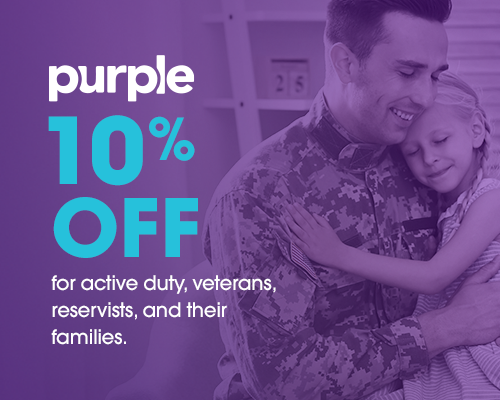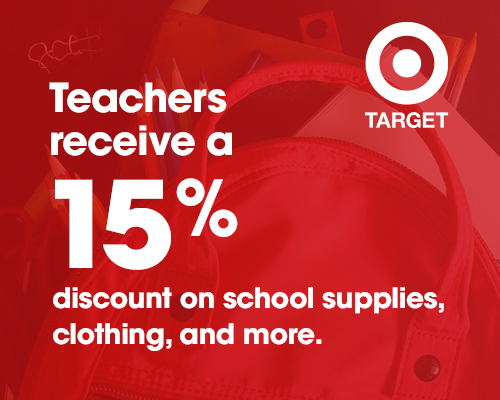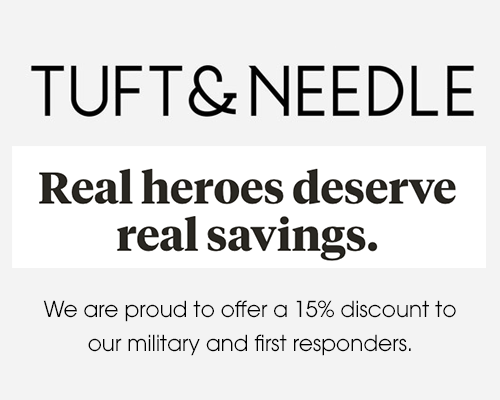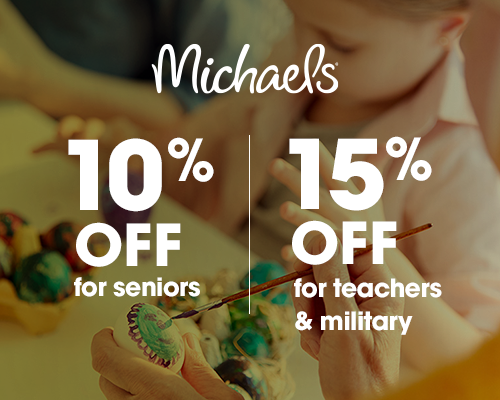At a time when customer acquisition costs are rising and consumers are worried about how brands are using their data, savvy marketers are finding a fresh way to deliver personalized promotions: identity marketing.
Identity marketing is a privacy-friendly approach to personalization that feels authentic because it recognizes people’s deep sense of belonging to a consumer community, such as students, teachers, and the military. Identity marketing programs create an emotional connection with customers that traditional segmentation strategies can’t, which leads to greater loyalty.
Leading brands are using identity marketing to increase customer acquisition and generate remarkable ROI. Below are seven examples of successful campaigns that can help you advance your personalization efforts and inspire your marketing in the new year.
01 Purple
Honoring the Military Generates 6x Conversions and a 25:1 ROAS
Purple’s personalized promotion to the military delivered remarkable results because it demonstrated its commitment to the military community. Extending the discount to veterans, reservists, and military families honors everyone’s service, which generates great loyalty: 95% of the military community say they’re more likely to shop from a retailer that offers a military discount.
Purple’s program was also a big operational win. Using digital verification to confirm eligibility for the promotion saved its customer service team 49 hours per month and has prepared the company to scale to other consumer communities.


02 Comcast
Wowing Students to Win Long-Term Subscribers
Comcast successfully captured the coveted Gen Z audience with a bold, eye-catching campaign aimed at college students—a group that’s forming lifelong brand relationships. The company captured their attention with web promotions, video, radio, and social media, and even hired a fleet of student ambassadors to promote the discount at campus events across the US.
Comcast then sweetened the deal by including free access to Amazon Music and HBO. Cheri Davies, the company’s senior director of acquisition services, said students signed up in droves. “After just one week, we’ve seen an enormous spike in traffic to our site and a significant lift in conversions,” she said. “And we know these will continue to rise as students settle into their semester.”


03 Target
Rewarding Teachers is Good Business
Target knows teachers are dedicated professionals who buy from brands that support their work. A recent survey revealed that 99% of teachers spend their own money on school supplies, and 95% are likely to use a discount to purchase them. Target rewarded teachers with a back-to-school discount that drove engagement and earned the company great national press.
Target made the campaign even more attractive by allowing teachers to apply the discount to personal items like clothing and accessories. It was a smart move: 58% of teachers say they would use a teacher discount to purchase apparel, and 71% say they would use it to purchase electronic devices.


04 CheapCaribbean
Targeting the Right Consumer Community Pays Off
Nurses are a consumer community that sits squarely in CheapCaribbean’s sweet spot. They earn good money and have flexible schedules, but they’re also undervalued, overworked, and deserving of a vacation.
CheapCaribbean used a limited free travel offer to entice nurses to join its “ER&R” Club. By giving away 50 free trips, the travel brand earned significant media coverage and captured thousands of new customers. Using digital verification to protect the offer also reduced fraud by 36% and saved 117 hours of manual effort—time that CheapCaribbean’s marketing team could then use to plan other successful programs.


05 Tuft & Needle
Cause Marketing Boosts Brand Awareness and Customer Acquisition
Tuft & Needle has masterfully used identity marketing to support its cause marketing efforts. The company started by donating mattresses to local firehouses, and when firefighters responded enthusiastically, it expanded its personalized military promotion to include first responders. Firefighters who loved getting a good night’s sleep at the firehouse began buying Tuft & Needle mattresses for their homes, friends, and families.
This generated terrific word-of-mouth that brought in new customers who appreciate the brand’s commitment to first responders and the valuable service they provide. It’s a strategy grounded in the demands of today’s shoppers: nearly two-thirds of consumers prefer to buy from companies that stand for a purpose and reflect their own values and beliefs.


06 Alteryx
Give Students Free Software and They’ll Carry It into the Workforce
Alteryx makes an award-winning data analytics software that carries its name. When the company saw there was a shortage of data scientists, it launched Alteryx for Good—a program that nurtures the field by providing students and teachers with a free license to the software. Easy access to Alteryx turns students into fiercely loyal users who go on to work in the field and pay full price for the software after graduation.
Alteryx also supports educators and students with a host of free resources that make teaching and learning the software easy, which creates even greater customer loyalty.


07 Michaels
Personalized Promotions Help Overcome Seasonal Slumps
Most retailers experience a spike in sales during certain times of the year, such as back-to-school and the end-of-year holidays. Michaels is building on that by offering personalized promotions to seniors, teachers, and the military. These evergreen programs make customers feel special and give Michaels the opportunity to engage them year-round with special campaigns for events like Grandparents Day, Veterans Day, and Teacher Appreciation Week.
Because Michaels is using digital verification to confirm eligibility, it can tie these personalized promotions to its loyalty program. This encourages repeat purchases by streamlining the customer experience and enabling shoppers to immediately apply the discount to everything they buy online.


Taking Your Personalized Promotions to the Next Level
These are some noteworthy examples of how brands are using identity marketing to enhance their personalization strategies, but the approach has endless potential. Companies can target a wide range of consumer communities, including ski instructors, government employees, even frequent flyers of a particular airline.
The goal of identity marketing is to engage consumers based on who they are and how they live their lives, and brands that do will always win.







